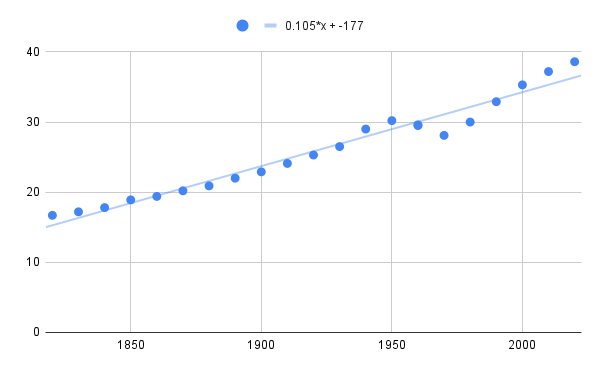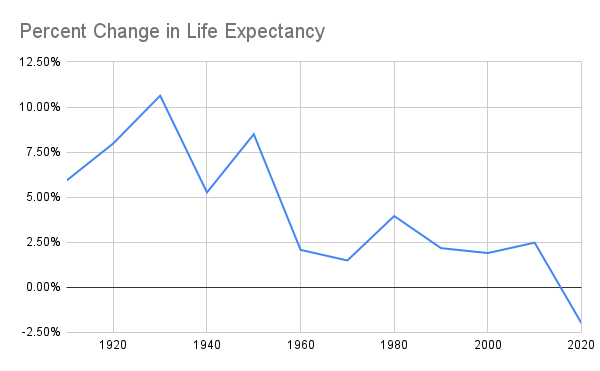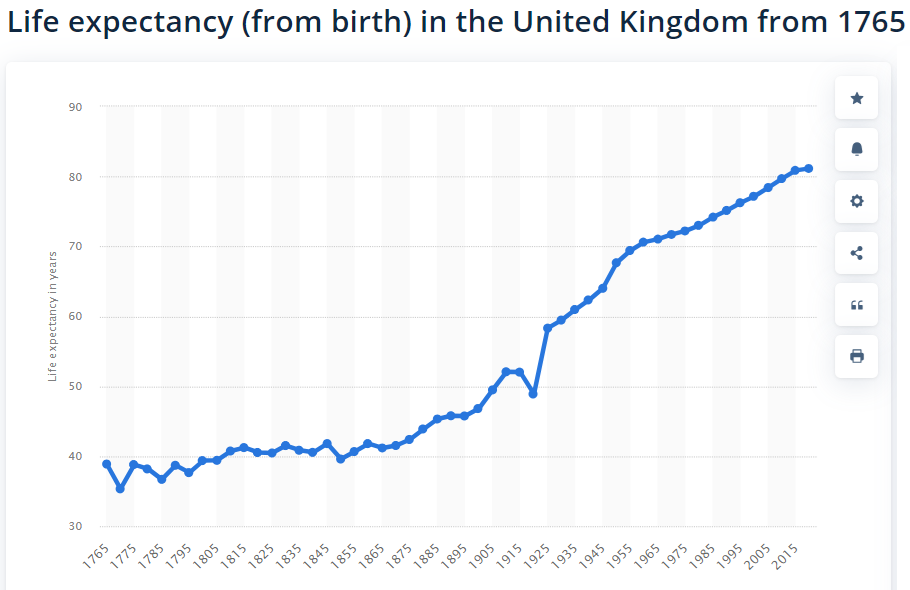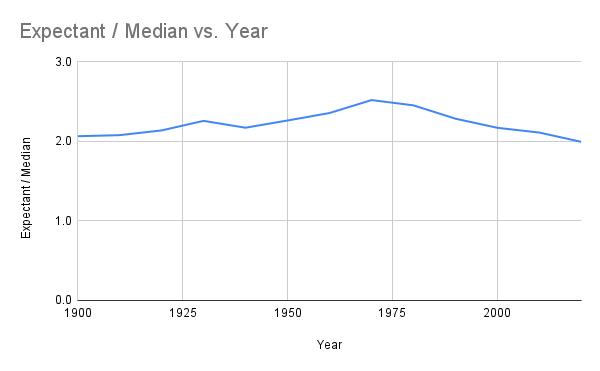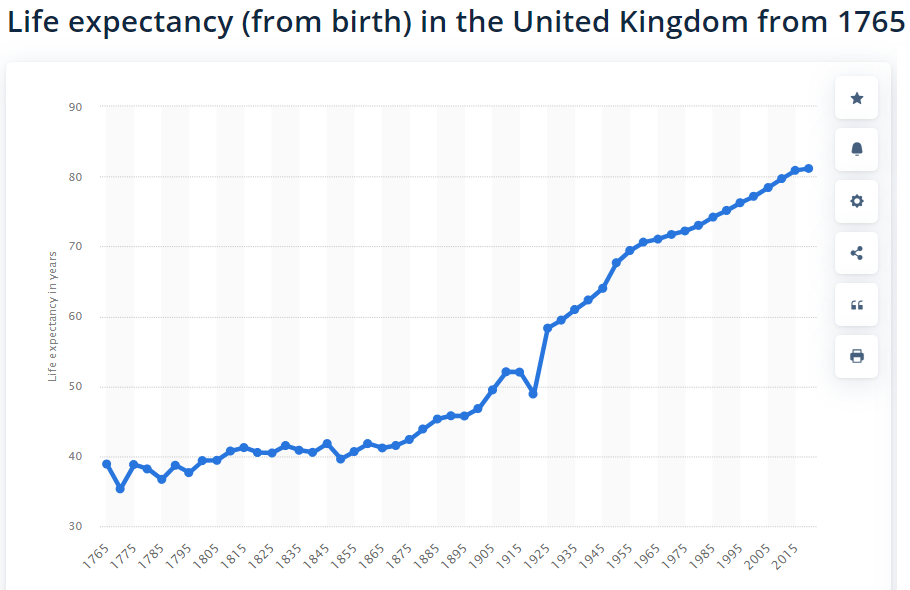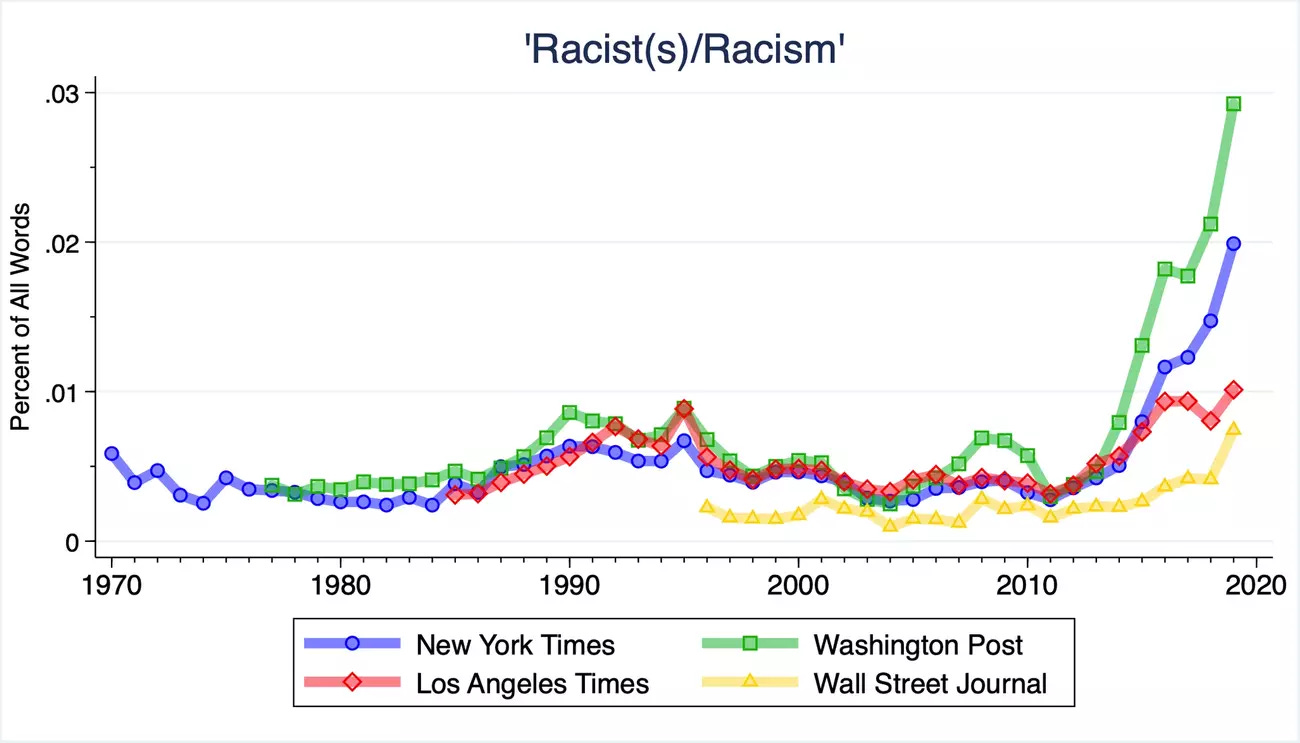"The Ripple Effect": Median Age and Life Expectancy
Further calculations.
In modeling the "ripple effect" of emergence and hegemony, a third parameter to examine is the age of median, or age of majority. The term today simply refers to the biological maturity which comes with adulthood. However, in the past, the term literally referred to the "median age."
The country of Niger currently has a median age of 15.2, which is identical to its median age in 1950 of 15.2. That age briefly dipped to an all time low of 14.9 in 2015. During pandemics and mass starvation, average age does not typically go below this number, because illness and malnutrition tend to be the worst for very young children and the elderly. Those events tend to concentrate the median, cutting away at the margins. This makes sense in evolutionary terms, because 15 years old is close to the youngest age at which humans, under conditions of malnutrition, can reproduce.1
In 1820, the median age of Americans was 16.7,2 and based on Niger, we can assume that the median age had been between 15 and 16 during the colonial period. In general, the median age is generally half the total life expectancy, although that may be slightly inaccurate if there is a sudden increase or decrease in fertility.
For the years 1900 to 2020, the relationship between median age and life expectancy ranged from an early low of 2.07 in 1900, a recent low of 1.99 in 2020, and a high of 2.52 in 1970. Again, the high of 2.52 in 1970 was not due to a rapid increase in life expectancy (that occurred in 1950), but rather due to a rapid increase in fertility. Since fertility generally declined between 1820 and 1960, we should not expect the relationship between life expectancy and median age to dip far below a factor of 2.0.
In 1789, the voting age was set to 21, which was higher than the median age, likely around 15.5. The median age first exceeded the voting age in 1890, when it hit 22. Since then, median age has continued to increase, despite a drop in life expectancy between 2010 and 2020. This is partially due to a drop in fertility.
In England, life expectancy remained between 35 and 42 for the period from 1765 to 1870.3 Assuming that American life expectancy was similar, we can average and say that life expectancy before 1870 was 40.
If we assume that the decline in American life expectancy between 2010 and 2020 is part of a larger trend, then we could hypothesize as follows:
1873 represents a “breakout event” where life expectancy began to rise dramatically.
Life expectancy rose for 147 years before peaking and beginning to decline in 2020.
By 2167, we should expect life expectancy to return to the pre-modern average of 40.
Assuming a linear decrease in life expectancy, we can say for each year from 1820 onwards what the last year of remembrance will be, on average, (=571.398 - 0.245223 * Year)+6.
2055 will be the first year when the average old person (67) will not be able to remember a time before the internet. In 2026, the median age person (38) will not be able to remember a time before the internet.
For MySpace, the years will be 2064 for the elderly, and 2038 for the median.
What about this year, 2024? 2080 will be the last year most old people remember 2024, and 2059 will be the year when median age people will not remember a time before 2024.
The “breakout” even of “wokism” occurred in 2015, when mentions of racism in the mainstream media exceeded any previous metric since 1970.
Children born in 2009 (who are now 15) will not be able to remember a time before "wokism," while the children going through puberty during the breakout are now 201 The adults who went to college during the breakout are now 27. The media age American during the breakout was 37, and those folks are now 46. Finally, the average "old person" (77) was born in 1944 during the breakout — a symbolic year as the first year of attempted federal integration.
The average age of congress is now 64. The earliest memories of this cohort would be 1960. Although congresspeople were younger in the past, if we regress using the year 64, we find that the last congress which could have fought in WWII, on average, was in 1997. The congress which will (on average) move beyond the Fall of Saigon will convene in 2027. The last congress to have been able to volunteer for Reagan’s reelection campaign will come in 2036.
[https://pubmed.ncbi.nlm.nih.gov/12319855/]
https://www2.census.gov/programs-surveys/decennial/2000/phc/phc-t-09/tab07.pdf
[https://www.statista.com/statistics/1040159/life-expectancy-united-kingdom-all-time/]


